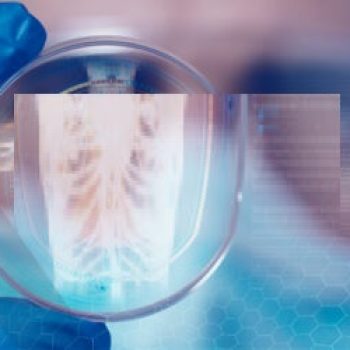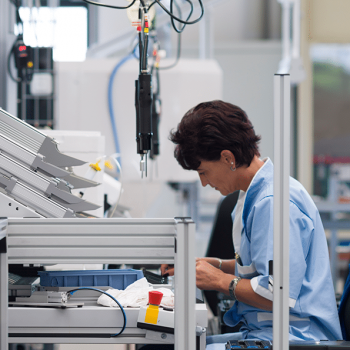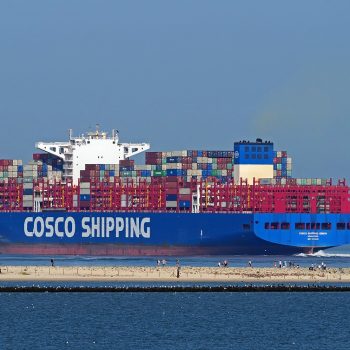
A leading innovator in Technology
Awarded for
The Story about the Innovation Hub
Porsche Engineering is an excellent example of a successful hub for innovation: The company participates in the AVEAS research project, focusing on securing highly automated driving functions through simulations. Using AI-driven analyses, critical traffic situations are to be identified based on sensor data and stored in a database. The objective is to generate various road models and traffic scenarios, which will be diversified to create a wide range of virtual test cases. Examples of critical moments in traffic include overtaking with insufficient distance, often resulting in near accidents. Porsche Engineering highlights the importance of safe responses from autonomous vehicles in such situations and emphasizes the ongoing intensive simulation activities. As part of their research, engineers deliberately intensify the difficulty of scenarios, such as reducing the distance between vehicles. Dr. Joachim Schaper, Head of AI and Big Data at Porsche Engineering, along with Tille Karoline Rupp, Responsible for Simulation, explain the development of a comprehensive catalog of critical scenarios to secure driver assistance systems and highly automated driving functions. The AVEAS project aims to overcome the lack of data, especially in critical traffic situations, which poses a challenge for autonomous driving. To address this gap, real drives are supplemented with simulations. However, there remains a shortage of real-world data for simulations, particularly in rare extreme situations during regular traffic. Porsche Engineering contributes crucial components, such as the JUPITER test vehicle for trials, equipped with various sensors transmitting data to the cloud. Advanced algorithms are utilized for data evaluation and identifying traffic participants and their behavior, continuously enhancing these processes.

The captured data is stored in standardized formats to facilitate accessibility for other projects, aiding in tasks like road modeling. Algorithms select critical traffic situations, considering specific criteria based on the driving function being tested.Work on AVEAS presents challenges, including precise capture and processing of diverse data sources from project partners, as well as representing the diversity of real traffic situations. The goal of AVEAS is to develop a scalable pipeline by the end of 2024, enabling the evaluation of driving scenarios and providing an extensive catalog of numerous critical scenarios. These advancements could expedite the future of development work in autonomous driving and potentially allow for vehicle updates during operation. These innovative developments are possible because Porsche operates and supports an innovative development site, making it an outstanding hub for innovation.

Contact
Dr. Ing. h.c. F. Porsche AG Porscheplatz 1 Telefon: +49 711 911-0 Website: www.porsche.com |











